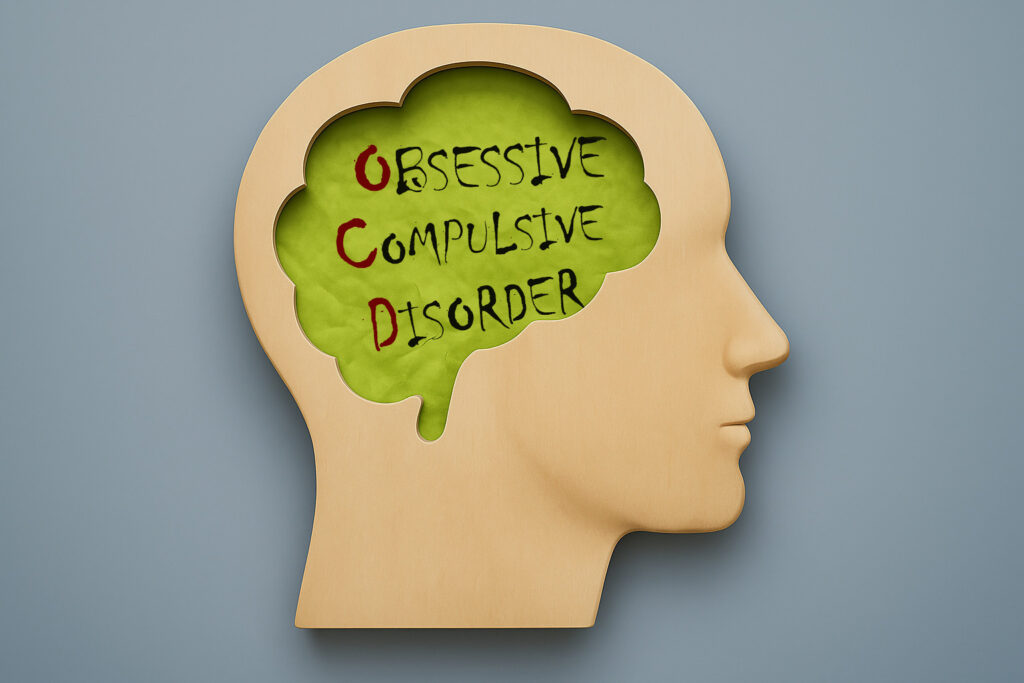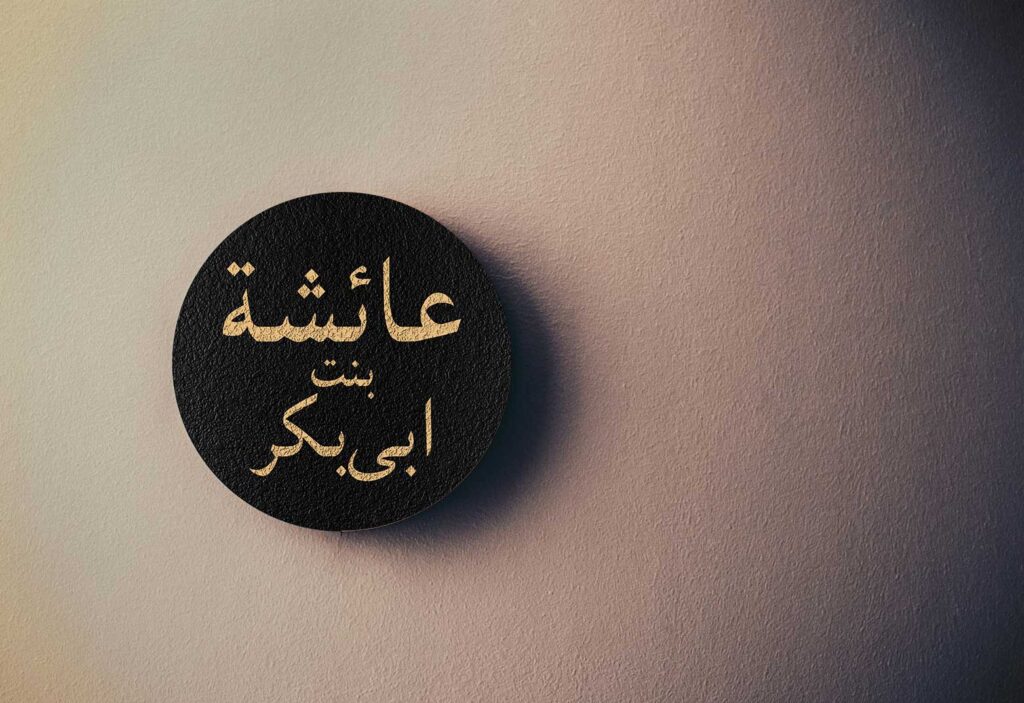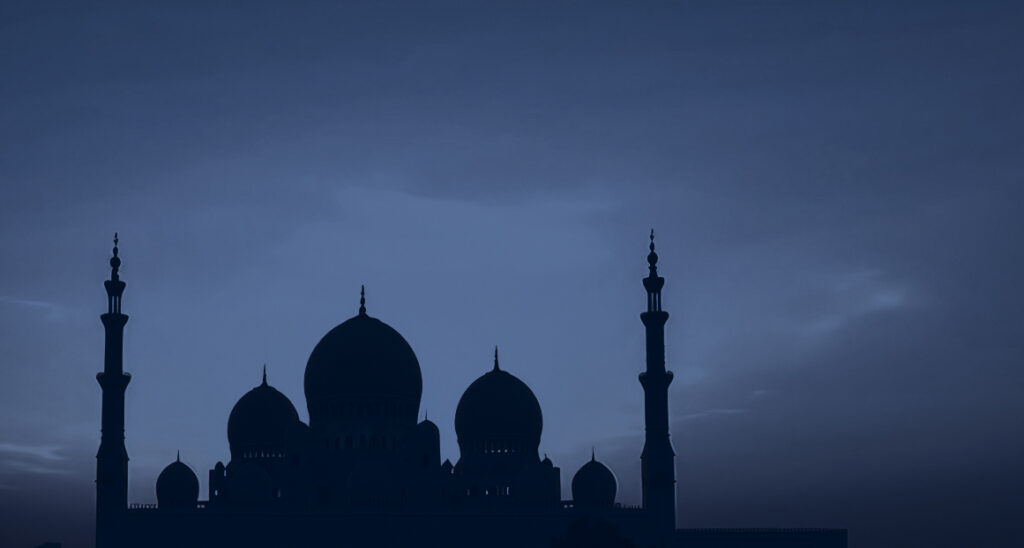ARTICLES
Did Prophet Noah’s age really exceed normal human lifespan? Or does the ‘950 years’ represent the period of his law and dispensation? What deeper message does the Quran convey by mentioning this period?
Since the rise of New Atheism, the demand to prove God empirically has grown louder. Nevertheless, this insistence is nothing more than an old, rejected argument—repackaged and presented as new.
Amid global turmoil and escalating injustice against Palestinians, the Ahmadiyya Caliph calls for prayers and urges leaders to reform, embrace justice, and work towards lasting peace.
True service lies in using one’s skills for humanity. The Ahmadiyya Caliph reminds architects that true success is found in service—designing affordable homes and hospitals that uplift the poor and strengthen the Community’s humanitarian mission.
Today marks 80 years since the atomic bombings of Hiroshima and Nagasaki, and the world seems to be standing on the brink of another global conflict. Has time erased our memories?
Obsessive-Compulsive Disorder (OCD) is a complex but treatable mental health condition marked by intrusive thoughts and repetitive behaviours. Early recognition and timely intervention are key to managing symptoms and improving quality of life.
Terrorism thrives where justice and public welfare are neglected. The Ahmadiyya Caliph urges leaders to serve the people and build economic stability to prevent extremist influence and preserve national peace.
In an era where women’s voices were often silenced, Hazrat Aishara spoke with wisdom and authority, exemplifying the rights women held in Islam from its outset.
Rather than being a mythical figure of the future, the Prophetic warnings show that Dajjal is an ever-present system of deception disguised as modernity, progress, and freedom.
Surrogacy challenges the Islamic concept of motherhood and lineage. The Ahmadiyya Caliph outlines why the practice is unlawful in Islam and emphasises preserving the sanctity of the family structure.
Throughout its history, Earth encountered many paradoxical challenges that threatened its journey towards life. On this Earth Day, let us explore some of the intricate factors that make Earth the only home to life we know.
The importance of discerning truth from falsehood cannot be overstated in today’s world of widespread disinformation. On this International Fact-Checking Day, let us reflect on the Islamic framework for verifying information and upholding truth.
True Eid is the day a person sincerely repents and turns to God. The Ahmadiyya Khalifa highlights that the real essence of Eid lies in upholding the spirit of repentance and righteousness cultivated during Ramadan.
As this year’s Ramadan draws to a close, we should seek to carry its blessings forward throughout the year. As we bid farewell to this blessed month, let us not bid farewell to the spirit it ignited within us.
Whenever the world plunges into the abyss of darkness and the night appears endless, a night of divine decree manifests, reminding of a radiant dawn that is about to follow.
The Ahmadiyya Khalifa emphasises that forcing young children to fast is wrong and highlights the importance of considering their physical well-being.
Women’s mental health is often overlooked, yet understanding the challenges women face and adopting coping strategies can enhance their emotional strength. On International Women’s Day, let’s prioritise women’s mental well-being.
The physical endeavours one undertakes during Ramadan must also spark a spiritual transformation in them, thus merging the two heats reflected in the very name of the month.
Ahmadiyya Khalifa explains the harmful effects of steroids on the body over time and emphasises the importance of building strength naturally.
Satan deceived Hazrat Adam(as) by disguising his true intentions, misleading him into an error despite God’s warning. The Holy Quran reveals how this deception unfolded.






















